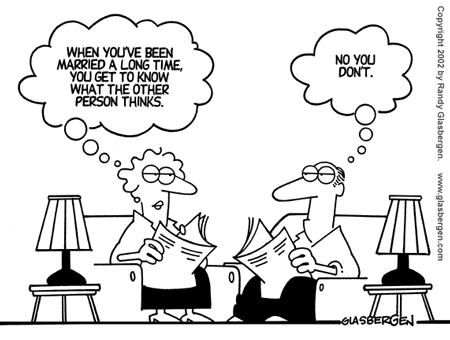Hearing the phrase “Give and you shall receive” might not make much sense at the beginning. At the least, for me that was the case after reading it for the very first time when I was just a small child.
Due to my curious nature (which I am so grateful for) I have always loved to poke into the nature and conception of every phenomenon and event. My desire to understand why things are the way they are, by far outmatches that of accepting the current situation. Thanksgiving which is a part of every American and Canadian lifestyle is yet another occasion that comes and goes for many without changing any. Unsurprisingly, I was sitting around today contemplating regarding the true implementation of Thanksgiving and its subsequent streams of thoughts and feelings.
When the entire family gather together to celebrate their warm (or not so warm) union through expressing their gratitude and thankfulness for all that there is, and for all that is about to come ,somehow, out of the blue, there takes place something magical , something beyond that of which logic can address. The realm of possibilities.
If you have had access to The Secret, you are already well aware of what I am about to say. The law of attraction, which is the primal rule upon which our universe is governed, simply says “like attracts like”; in other words, specific feelings, or thoughts, or actions bring about the same round of result within the same spectrum. That is, by sending out thoughts of “X” TO the universe, you would receive nothing but “X” FROM the universe.
This notion could not have been made more apprehensive anywhere better than the books The Secret, and The Power. Explanation of this theory would be far facilitated by reading the aforementioned books; however, the overall concept could easily be grasped by placing the formula inside the Newton’s third law which is unanimously adhered by all:
“To every action there is an equal and opposite reaction."
Hence, for instance, by hitting a wall with your fist, you will force the same pressure emitted on the wall on your own fist. Now let’s widen our scope and take things to a mental level. Through having a given mental attitude towards the world, you would receive the same attitude in return.
I just reviewed the book Rich Dad Poor Dad which by the way is dubbed “the book that rocked the financial world by the Wall Street Journal”; and among the multitude of tips for greatness, the most astonishing is a reiteration of what I previously mentioned:

“In my life, over all these years, whenever I have felt needy or short of money or short of help, I simply went out and or found in my heart what I wanted, and decided to give it first. And when I gave, it always came back.”, writes Robert T.Kiyosaki in page 184 and proceeds a few lines below : “Whenever I feel that people aren’t smiling at me, I simply begin smiling and saying hello, and like magic, there are suddenly more smiling people around me. It’s true that your world is only a mirror of you”.
In this way, we can conclude ,so with ease, that our way of thinking could change everything that happens to us, and if our way of thinking is submerged in thanking then the outcome is quite manifest.
The concept of showing your thankfulness for all the little things that you have ,as well as the attempt at giving what you want for yourself to the universe just to retrieve the same matter in higher quantities are indeed realized in one term;
Thankfulness + Giving things out = Thanksgiving





















